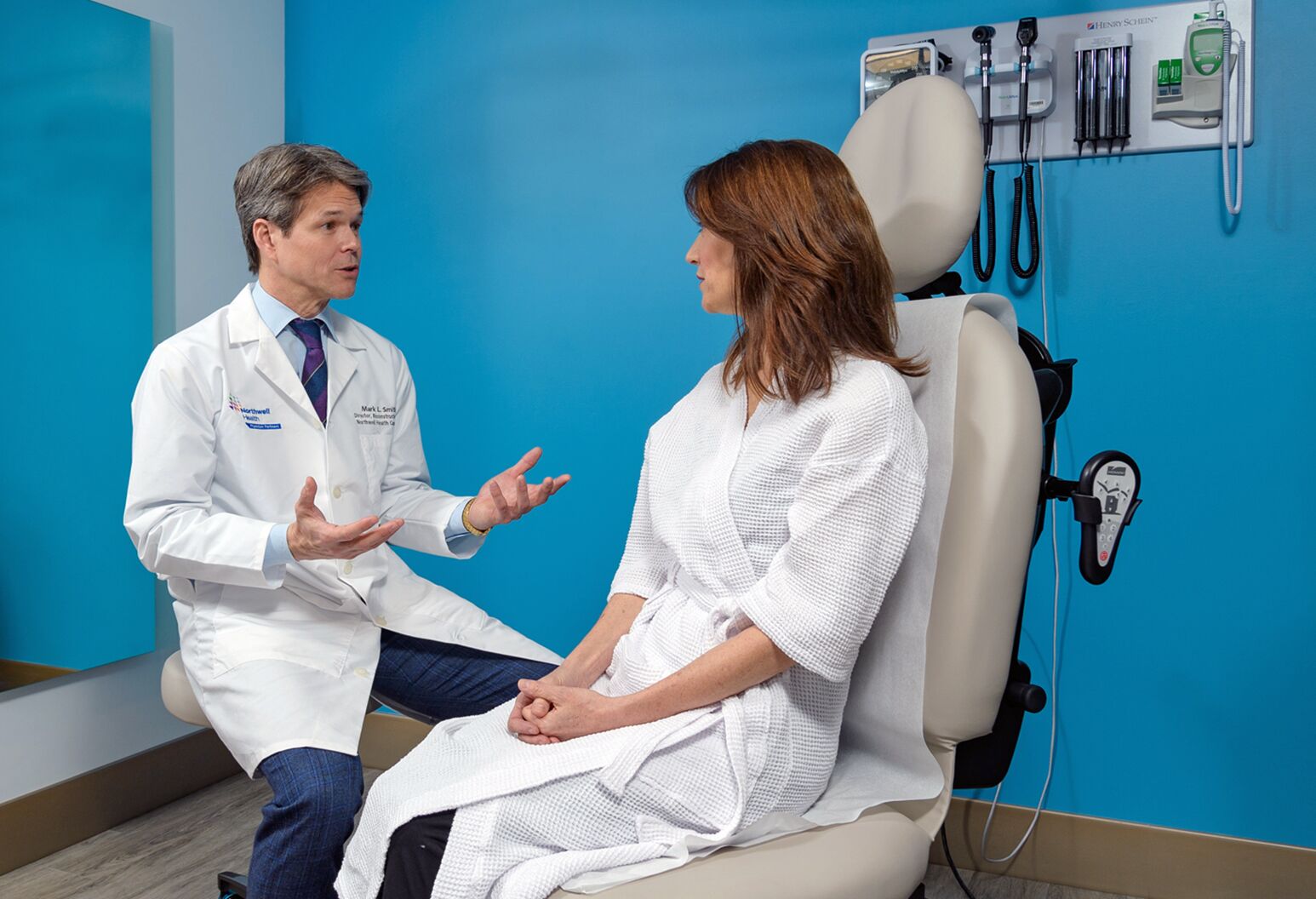Pre-pectoral breast reconstruction
What is pre-pectoral breast reconstruction?
Pre-pectoral reconstruction is a less common form of tissue expander reconstruction in which the temporary implant is placed over the pectoral muscle, rather than under it. This procedure, if the patient’s anatomy allows for it, may help avoid some of the discomfort of traditional sub-pectoral (under the muscle) expanding. This procedure is usually most suitable for patients who are very active and/or muscular.
Tissue expanders are temporary breast implants used to gradually expand and prepare the skin and muscle for a permanent implant or microvascular flap reconstruction. It is a common procedure for women who have had mastectomies and wish to reshape the breasts.
What to expect
During your consultation, you and your doctor will discuss all options, as well as timing of the procedure, recovery and your preferred breast size. Our plastic surgeons will work with you to ensure you are informed, comfortable and happy with your results.
In order to expand the implant and gradually stretch the breast, the temporary implant is enlarged over time. This is done by pumping saline solution or air—depending on the type of expander used—into a valve in the expander over the course of a few weeks or months. To learn more about what to expect before and after surgery, click here.
We understand the choice to undergo breast reconstruction may not be an easy one. We’re here to put your mind at ease. Our experts share how advancements in plastic surgery ensure a faster recovery time and better results.
While breast reconstruction does not affect cancer outcome, there are still potential consequences of opting out. Before you come to a conclusion, consider this insight from our reconstruction experts.
Complications
Tobacco use and radiation are often associated with increased risk of complications after tissue expander surgery. Your doctor will discuss your unique risk factors with you during your consultation.
There are a number of risks of having this procedure, including:
- Bleeding, infection and scarring
- Asymmetry of the breasts
- Wound disruption
- Numbness and/or pain
- Capsular contracture (hardening of the implants)
- Implant exposure or leakage
If there are complications with your tissue expander placement, you may be at increased risk for complications with a permanent implant and reconstruction.
Recovery
After the procedure, patients are typically hospitalized overnight. It is common for the breasts to fill with fluids directly after the surgery; to avoid this, the plastic surgeon will insert drains, which will be kept for one to two weeks as the breasts heal. After that period, the drains are removed and expansion can begin. It is recommended that patients avoid stress, heavy lifting, excess physical activity and any friction or abrasion at the incision site during recovery.
There may be some discomfort during tissue expansion. After two to three months, another surgery will be necessary to remove the expanders and exchange them with the permanent implants.
We provide our patients with a supportive bra to improve appearance and comfort during recovery, as well as post-mastectomy exercise and rehabilitation programs. Because our expertise goes beyond just the surgery, we work to get you back to your everyday life as quickly and comfortably as possible.




